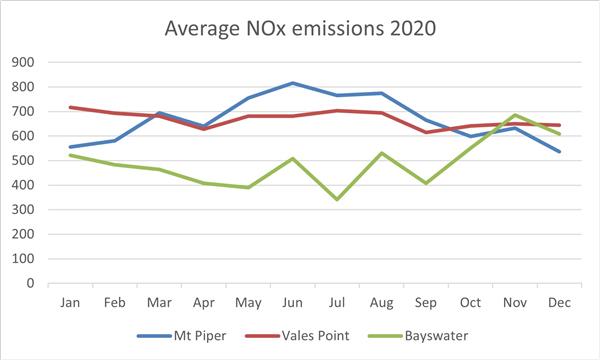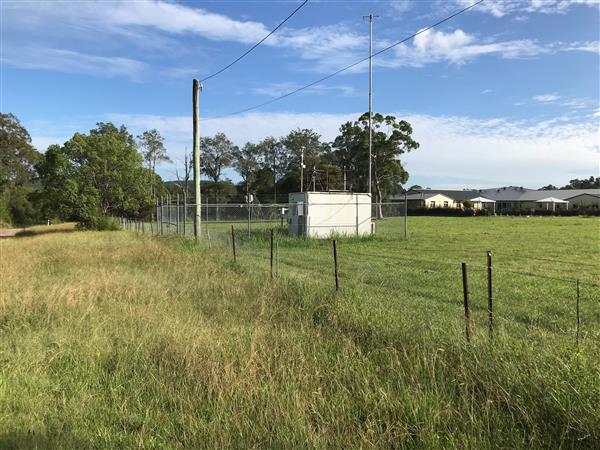Vales Point Air Emissions
Vales Point is Maintained in a Fit and Proper Condition
Vales Point power station is maintained to ensure safe and efficient operations at the site. From 2016 to 2020, the period of private ownership, Delta spent an average of $34.2 million each year to maintain and upgrade the plant. By comparison, in the period 2010 to 2015 under Government ownership, $33.6 million per annum on average was spent.
With respect to NOx emissions, Delta has planned to replace the burner tips on unit 6 in 2021 in order to improve emissions performance. While Delta is already fully compliant with current licence limits, the existing NSW load based licensing regime where Delta pays for each tonne of NOx emitted means that Delta is incentivised by existing regulations to minimise NOx emissions.
Vales Point Already Emits Low Levels of NOx
The NOx emissions from Vales Point power station are generally well below the licence limit and are compliant with the Group 5 regulatory limit for over 98% of the time on unit 5. When the burner tips on unit 6 are replaced in mid 2021, it is expected that unit 6 will exhibit the same characteristics.
Contrary to claims by environmental activists, the NOx emissions from Vales Point are not the highest in NSW. Vales Point NOx emissions are already comparable to other power generators in NSW as Figure 1 demonstrates. Bayswater and Mt Piper do not require an exemption to operate at the same maximum NOx limit as Vales Point due to the age of the plants.

Figure 1 –NOx emissions for Vales Point, Mt Piper and Bayswater power stations

Vales Point is a Critical State Asset
Delta Electricity and Delta Coal directly employ over 500 people. Contractor employment is additional and can reach a similar number during outages. These businesses have a combined total operating expenditure in the Central Coast region of $210 million each year. External fuel purchases, which support employment in other businesses, are additional to this figure. Furthermore Delta sponsors and supports local community groups and it keeps large industry in NSW competitive with reliable energy supply.
Vales Point produces over 7,000GWh of electricity per annum, critically during periods when renewables are not available. With Liddell power station closing, NSW will have a greater reliance on only four remaining 24/7 continuously on-demand power stations in NSW.

Picture: Delta's Meteorology Station located at Wyee